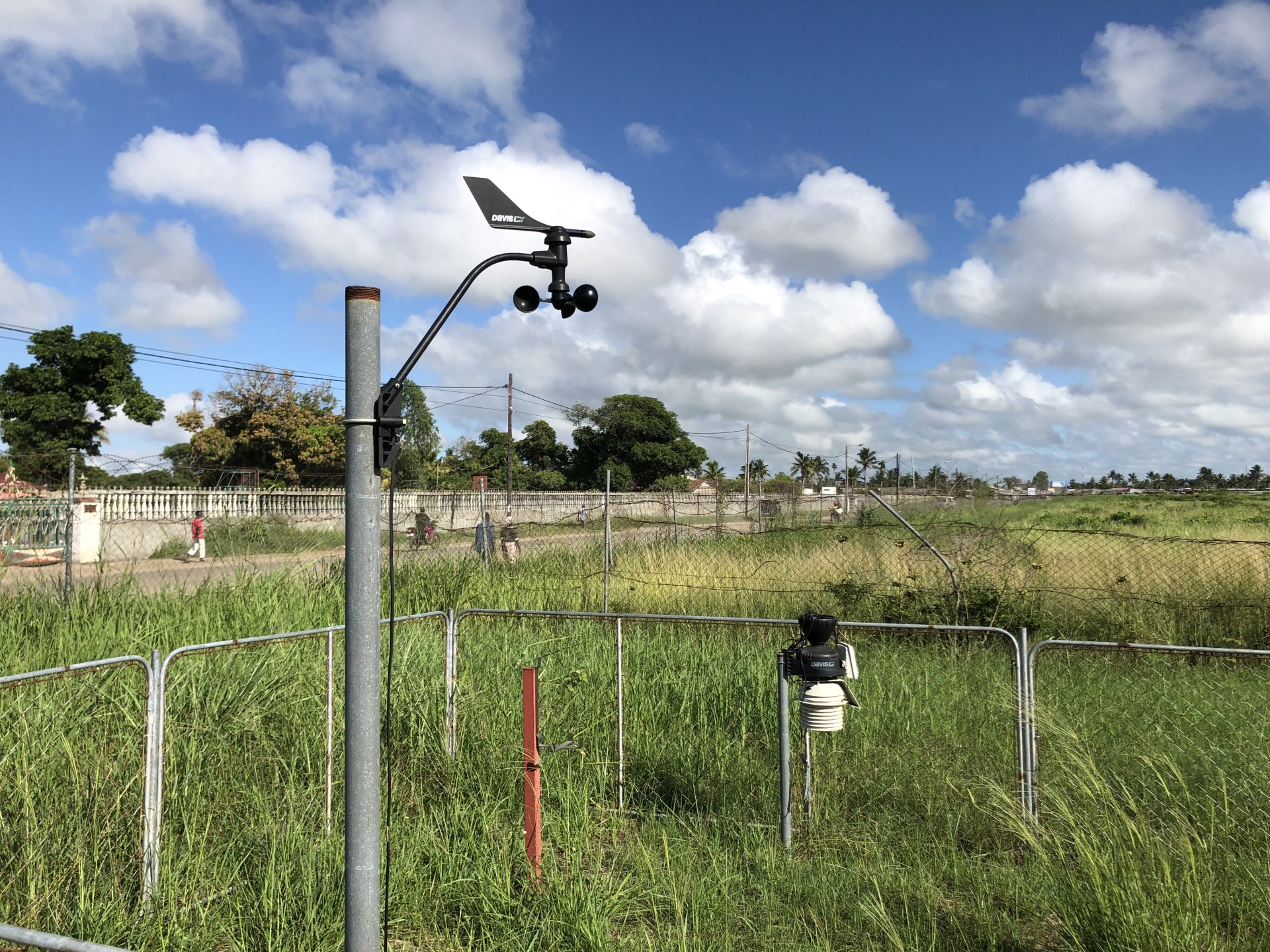Systematic Observations Financing Facility (SOFF) [C139]

The Systematic Observations Financing Facility (SOFF) is a new initiative with the overall objective to strengthen climate adaptation and resilient development through data collection, processing and availability that will improve weather forecasts, early warning systems and climate information services. SOFF will provide finance and technical assistance to countries in order to improve their hydromet network, data collection, processing and sharing.
REGION
Multiple regions
PROJECT REFERENCE
NDF C139
DURATION
2022 to 2025 (first phase of a 10-year initiative)
NDF FINANCING
EUR 10 million
FINANCING TYPE
Grant
IMPLEMENTING AGENCY
World Meteorological Organisation (WMO)
NDF CONTACT
Jacob Lorentzen (jacob.lorentzen@ndf.int)
Objective
SOFF is a global initiative to address a persistent problem in a global and systematic manner – missing surface-based weather and climate observations from the Least Developed Countries (LDC) and Small Islands Developing States (SIDS). The initiative has an exclusive focus on the initial part of the meteorological value chain that creates the foundation for effective policy and investment decisions at local levels. SOFF provides finance and technical assistance to countries in order to improve their hydromet network, data collection, processing and sharing.
The Global Basic Observation Network (GBON) is an internationally agreed global design and corresponding metrics. GBON clearly defines countries’ international data exchange obligations for the most essential surface-based weather and climate data. The SOFF investments will be guided by GBON metrics. SOFF provides the resources for beneficiary countries to close the GBON gap. In other words, GBON metrics ensure the appropriate level of investments, and SOFF delivers these investments through an integrated and coherent intervention.
The overarching SOFF goal is to contribute to strengthening climate adaptation and resilient development through better data availability to improve weather forecasts, early warning systems and climate information services that save lives and livelihoods and protect property. SOFF will contribute to delivering critical observations needed for adaptation and resilience planning. Weather and climate prediction products are essential to ensure that countries can design and implement meaningful and effective adaptation and resilient development programmes. The first phase of SOFF has three components:
Component 1: Readiness. The objective is that a country’s GBON gap is defined, and a plan to close the GBON gap developed and verified.
Component 2: Investments. The objective is that GBON compliance is achieved in line with the verified GBON plan through SOFF-funded infrastructure and capacity development investments to eligible countries (SIDS and LDCs).
Component 3: Compliance. The objective is that countries operate and maintain the basic surface-based observation network and the international sharing of data in full compliance with GBON regulations.
SOFF is a long-term initiative to establish the GBON in all parts of the world. The first phase will test the intervention logic, establish the working model, and have the first group of countries achieve compliance with GBON requirements.
Outcomes
The main outcomes would be improved weather and climate prediction products and that the participating LDCs and SIDS achieve sustained compliance with the GBON. The SOFF project will significantly increase the number of people benefiting from established or improved weather and climate services. This will contribute to the goal of strengthened climate adaptation and resilient development through improved weather forecasts, early warning systems and climate information services crucial to save lives and livelihoods and protect property.
SOFF will contribute to delivering critical observation needed for adaptation and resilience planning. Weather and climate prediction products are essential to ensure that countries can design and implement meaningful and effective adaptation and resilient development programmes.
SOFF will also contribute to improving the global understanding of past and current climate and the ability to predict and project future climate scenarios. The increased international exchange of observations that will be achieved through SOFF support in SIDS and LDCs will contribute to the substantial improvement of the forecasting and climate reanalysis products delivered by Global Producing Centres.
Financing
The target size of the SOFF is EUR 200 million for the first three years. NDF will provide EUR 10 million and co-financing partners include Austria, Denmark, Finland, Iceland, Ireland and others.




